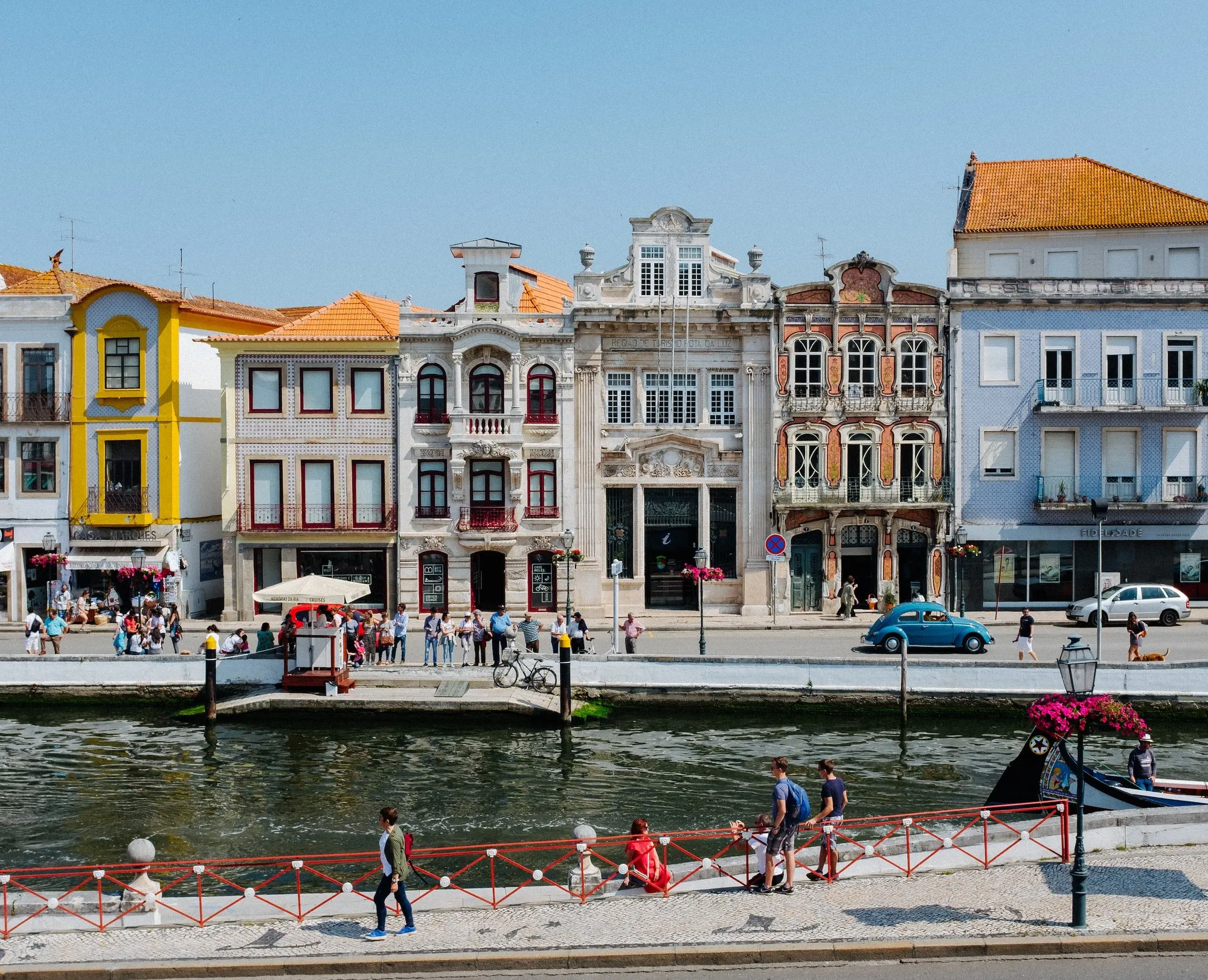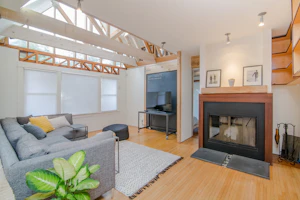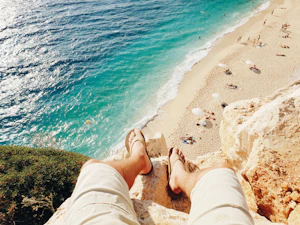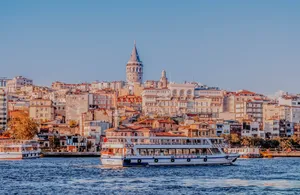Foreign nationals can acquire a residence permit and eventually Portuguese citizenship with the Portugal D7 visa, which is a residency visa. It is suitable for people who want to go to the country and have the resources to support themselves through passive or recurrent income (without relying on salaried income).
The Portuguese D7 Visa is one that you might not be familiar with, even though many of you will be familiar with the country's Golden Visa. Despite being less well-known, the D7 Visa is growing in popularity among Americans, Canadians, Britons, Middle Easterners, and other persons who desire to relocate to Portugal.
The visa has historically been particularly popular with retirees due to its passive income requirements. It is also a fantastic choice for investors who have passive income sources from investments in real estate, personal property, intellectual property, or other kinds of money. Additionally, the D7 Visa is becoming more and more popular among global digital nomads and remote workers since the pandemic and the increase of remote working.
A two-year residency permit, which can be extended to a three-year residence permit, is available to visa holders and their family members. Temporary residents have five years to apply for citizenship or permanent status. It's also important to note that newborn children can become Portuguese citizens after just one year of Portuguese residency.
To What Extent Should I Consider a D7 Visa?
The primary benefit of the D7 Visa, which sets it apart from the nation's Golden Visa, is that those who have it can get a road to residency without having to meet minimum investment requirements. All you need to prove in order to be eligible is that you have a place to live. A rental agreement is usually sufficient.
But for individuals looking to invest in Portuguese real estate, the D7 Visa enables foreigners to travel there and acquire property without having to meet the Golden Visa's investment requirements or abide by its geographical restrictions.
Other advantages include being able to travel throughout the entire Schengen Area visa-free, living in Portugal for 4-5 months, and having access to the nation's renowned educational and medical systems.
As an independent professional, you can also get the right to work and conduct business in Portugal.
Residence for Digital Nomads and Remote Workers
Remote workers, freelancers, and digital nomads employed outside of Portugal who can demonstrate they have a regular recurring income and meet the minimal passive income requirements are all qualified for the D7 Visa.
The epidemic caused remote work to become more popular on a worldwide scale and drove organizations and employees to adjust to a whole new working environment. Naturally, many started to wonder if they really needed to commute to work or if they might just as easily work from home.
With constraints removed, many businesses are inevitably returning to the office, where employees can interact face-to-face and teams can gain from a sense of togetherness. A new generation of workers has emerged as a result of the significant number of companies that intend to keep working remotely. These individuals are mobile and have the freedom to live and work anywhere in the globe.
Applications for the D7 Visa have since increased significantly from freelancers, digital nomads, and remote employees. The Portuguese government was quite lenient in the early stages of the pandemic, issuing D7 visas to this newly growing community of expats. Applications that match the qualifications, though, have been known to be turned down recently. We can only speculate that this is due to the D7 Visa becoming more popular and the need for the government to be more selective about who receives one.
Salaries to Be Expected at the Outset
The minimum recurrent income needed as of May 2022 is €705+ per month, which equates to €8,424+ annually. Married couples must earn a minimum of $1,057.50 per month ($12,690 yearly) in passive income together. $211.50+ph ($2,538+yearly) is the additional expense for each adult or minor dependent. The required minimum is $1,480.50+ each month ($17,766 yearly) for a family of four.
The more passive income you generate, the better—especially as the visa gains greater acceptance. You'll have a better chance of receiving a D7 visa if you also have enough money in savings to deposit in a Portuguese bank account.
Requirements for Residence
If your time outside the nation is divided up into many visits, you must spend 16 months of the two-year temporary residence permit in Portugal. You must spend the remaining 18 months in Portugal if you take a single, uninterrupted six-month trip.
The qualifications for the three-year subsequent temporary residency permit are roughly equivalent. Unless you are gone for a continuous six-month period, in which case the remaining 30 months must be spent in Portugal, a total of 28 months must be spent there.
If you are unable to meet these conditions, you could be better qualified for the Portuguese Golden Visa.
How much will it cost?
Professional service fees for a D7 Visa application as a single applicant or as a married couple can be as little as €2,500, in contrast to the professional service fees for a Golden Visa, which can reach over $30,000 in total. This is just another fantastic benefit of the D7 Visa.
The D7 Visa might be appropriate for you if your goal is to move to Portugal rather than buy a vacation house or buy-to-let property. Compared to other European visa alternatives, it is currently less well-known, although applications are growing swiftly. Therefore, we advise anyone interested in the D7 Visa to move quickly.
If Portugal isn't your thing, how about Turkey? Contact us right now to find your ideal home.











Member discussion